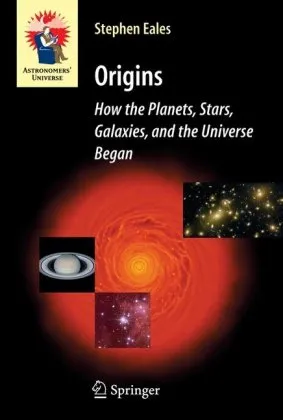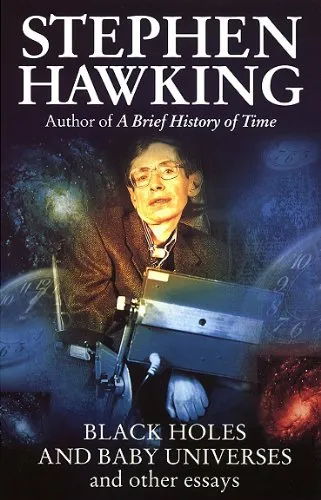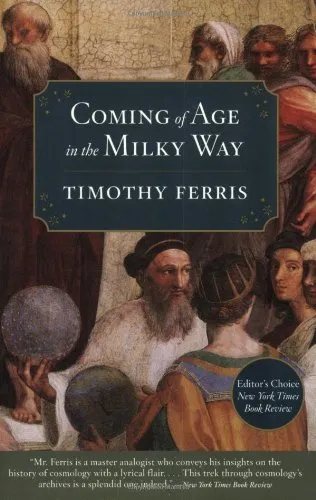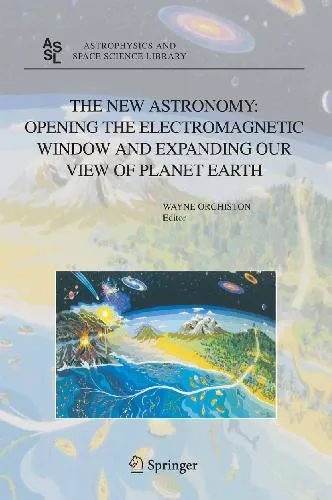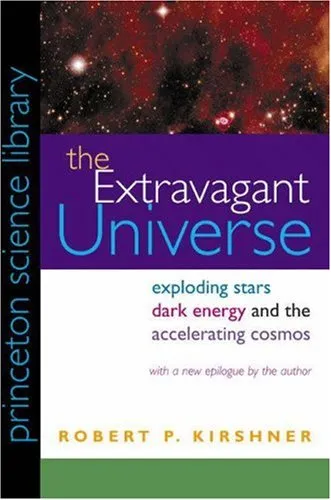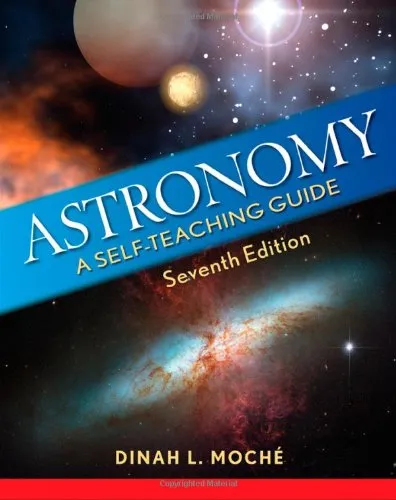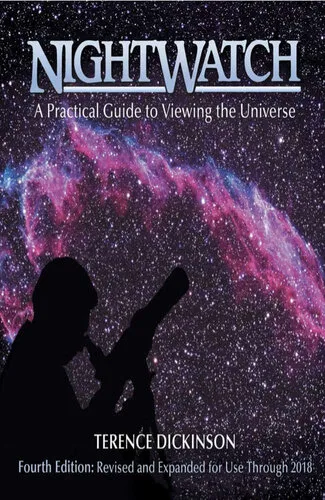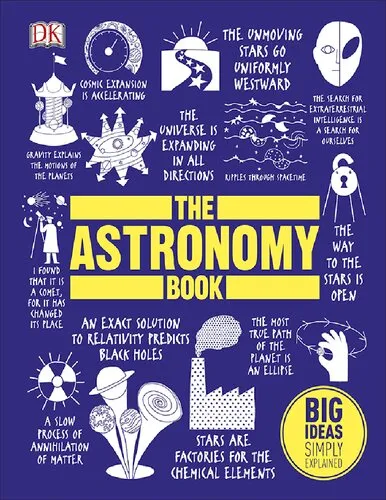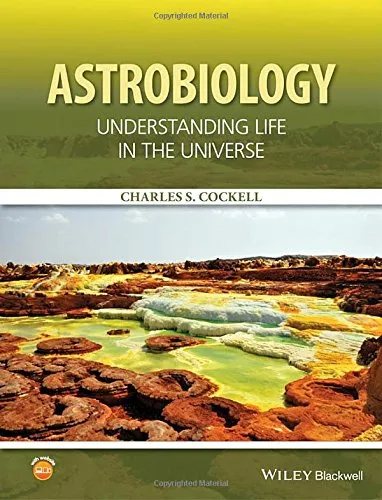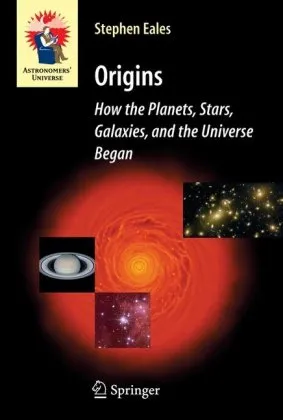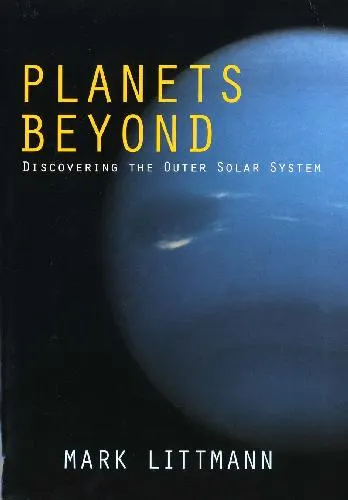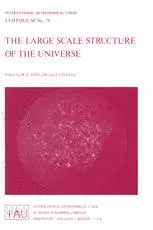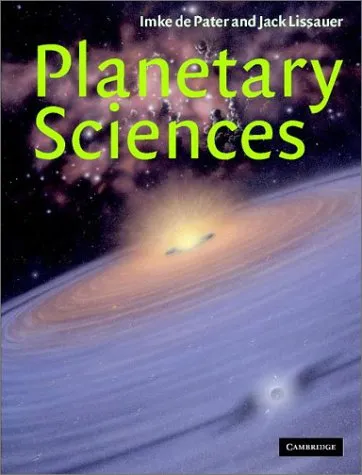Origins: How the Planets, Stars, Galaxies, and the Universe Began
4.5
Reviews from our users

You Can Ask your questions from this book's AI after Login
Each download or ask from book AI costs 2 points. To earn more free points, please visit the Points Guide Page and complete some valuable actions.Related Refrences:
Introduction to 'Origins: How the Planets, Stars, Galaxies, and the Universe Began'
Welcome to the enthralling exploration of our universe's origins, as we delve into one of the most fundamental questions that have fascinated humanity for centuries: how did everything begin? In "Origins: How the Planets, Stars, Galaxies, and the Universe Began," we journey through the complexities of cosmic history—tracing back in time to discover the beginnings of planets, stars, galaxies, and the universe itself.
Detailed Summary of the Book
"Origins" embarks on a cosmic journey, starting from the most profound moment in cosmic history, the Big Bang, to the birth of galaxies and the formation of solar systems. This book threads a narrative through extensive scientific discoveries and theories, combining cosmology, astrophysics, and planetary science to present the universe's timeline in a cohesive manner. Understanding is made accessible with clear, concise language, ensuring readers from diverse backgrounds can appreciate the cosmic narrative.
Through each chapter, we focus on unique aspects of cosmic formation. From the role of dark matter in galactic formations to the intricate dance of gravity sculpting the stars, the book uncovers fascinating processes behind the cosmic entities. Chapters dedicated to planetary formation reveal the delicate work of cosmic recycling, where star dust evolves into rocky planets and gas giants.
Emphasizing the human quest for knowledge, "Origins" doesn't shy away from addressing the unanswered questions that continue to challenge scientists today. By weaving historical scientific perspectives with cutting-edge research, it provides readers a contextual backdrop against which modern scientific endeavors are illustrated.
Key Takeaways
- The universe began with the Big Bang approximately 13.8 billion years ago.
- Star formation is a complex process influenced by gravitational forces and the interplay of cosmic elements.
- Galaxies are not static; they evolve over time through processes such as mergers and star formation.
- Planets form in the protoplanetary disks surrounding young stars through accretion and condensation.
- The constant advancement in technology and observations continues to provide new insights into our universe.
Famous Quotes from the Book
"Every atom in your body was born in the heart of a star, and the universe wrote its legacy in your cells."
"In the vastness of space, we find not only the keys to our existence but the inspiration to explore far beyond our origins."
Why This Book Matters
In an era where scientific literacy is increasingly crucial, "Origins: How the Planets, Stars, Galaxies, and the Universe Began" stands as a beacon of understanding through the cosmic chaos. It matters because it fosters an appreciation for the universe's grandeur and intricacy. By connecting us to our cosmic roots, the book cultivates a sense of belonging and responsibility toward the Earth and the wider cosmos. It encourages readers not only to understand the past but to be mindful of humanity's place in an ever-expanding universe. Understanding these cosmic origins enriches our perspective, inspiring curiosity and driving the quest for knowledge that defines human nature.
Through this book, I aim to inspire not just curiosity and wonder about the cosmos, but also emphasize the importance of continued exploration and scientific inquiry. Our journey through the stars, planets, and galaxies is a testament to human spirit and ingenuity. By understanding where we come from, we are better equipped to determine where we are going.
Free Direct Download
You Can Download this book after Login
Accessing books through legal platforms and public libraries not only supports the rights of authors and publishers but also contributes to the sustainability of reading culture. Before downloading, please take a moment to consider these options.
Find this book on other platforms:
WorldCat helps you find books in libraries worldwide.
See ratings, reviews, and discussions on Goodreads.
Find and buy rare or used books on AbeBooks.
1420
بازدید4.5
امتیاز0
نظر98%
رضایتReviews:
4.5
Based on 0 users review
Questions & Answers
Ask questions about this book or help others by answering
No questions yet. Be the first to ask!
